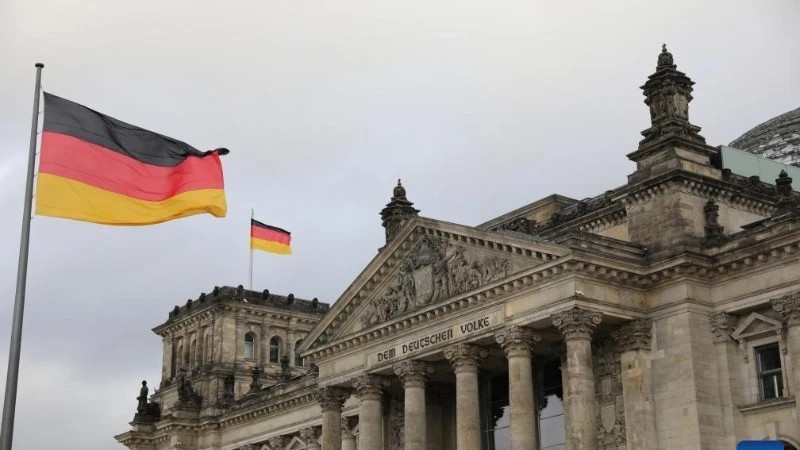Speaking at the Federal Chancellery before top German chief executive officers (CEOs), Chancellor Friedrich Merz emphasised that this record-breaking investment initiative is a strong signal of a change in perception. “The message is clear: Germany is back. Investing in Germany is worthwhile. We are not a place of the past, but of the present and the future,” he affirmed.
Launched by Siemens and Deutsche Bank, the “Made for Germany” initiative has drawn participation of more than 60 companies in various sectors, including BMW, Mercedes-Benz, Volkswagen, Allianz, Airbus, and Nvidia.
Once being the growth driver of Europe, the German economy is currently facing severe challenges due to inflation, the energy price crisis caused by the Ukraine conflict, and global competitive pressure following the Covid-19 pandemic. Since 2017, Germany’s export market share has dropped significantly and has fallen further behind advanced economies since 2021. Weak exports have been among the main reasons why the German economy is facing the risk of no growth for a third consecutive year. According to Bundesbank, more than 75% of export market share lost in the 2021–2023 period was due to a decline in competitiveness. The situation is widespread, severely affecting industries such as automobiles, mechanical engineering, machine manufacturing, electrical engineering, and energy-intensive sectors such as chemicals.
After two years of recession and a bleak outlook for 2025, Chancellor Friedrich Merz has called on businesses to increase domestic investment. In May, the German Government approved multi-billion-euro tax reduction packages and established a 500-billion-euro fund to invest in infrastructure and climate, in order to revive a stagnant investment climate. Along with commitments to cut red tape and accelerate digitalisation, the new fiscal package and reform of the constitutional debt brake are expected to provide additional impetus for businesses to invest again.
Recently, German investor sentiment has improved beyond expectations amid a more stable market, despite US President Donald Trump's warning of tariffs. According to a survey by the Centre for European Economic Research (ZEW) released in mid-July, investors' expectations for the German economy in the second half of the year increased by 5.2 points to 52.7 points. ZEW President Achim Wambach said that nearly 70% of surveyed experts believe that the German economy will improve, despite global trade tensions. This optimism is driven by hopes that the US and the EU will soon reach a tariff agreement, along with the German Government's expenditure stimulus packages. In addition, improved economic performance and measures such as tax cuts, an 847-billion-euro spending plan for infrastructure and growth announced by Chancellor Friedrich Merz also contributed to raising investors’ confidence.
With efforts to revive Europe's leading economy, investors expect the German economy to improve in the second half of the year. Germany's economy recovery is not only important for this country but also contributes to promoting overall growth in Europe. However, attracting investment and realising the “Made for Germany” initiative is a big challenge in the current difficult context. To ensure the German economic engine to revive strongly and sustainably, in addition to the implemented measures, the government of Chancellor Friedrich Merz needs to synchronise further reforms, such as increasing employment incentives, reducing barriers to skilled immigrant labourers, providing tax incentives for private investment, reducing energy costs and administrative burdens, and reforming the social security system.
















